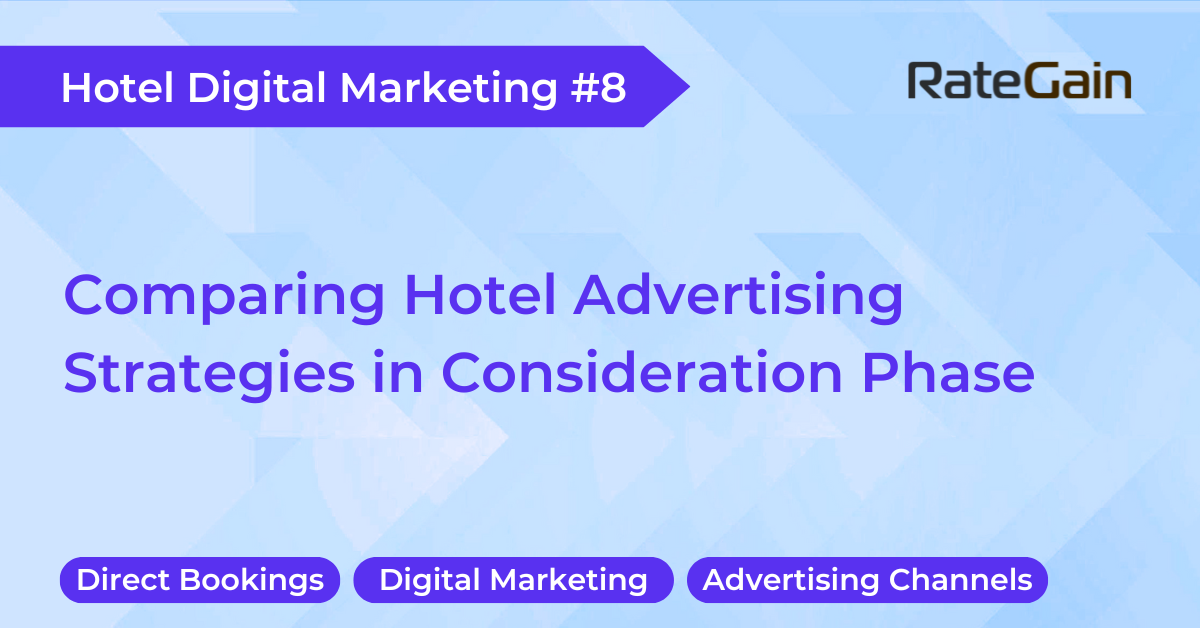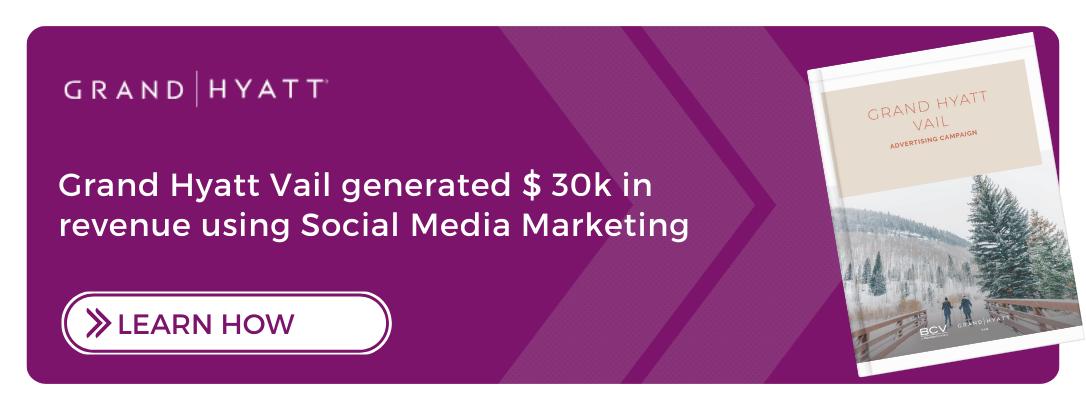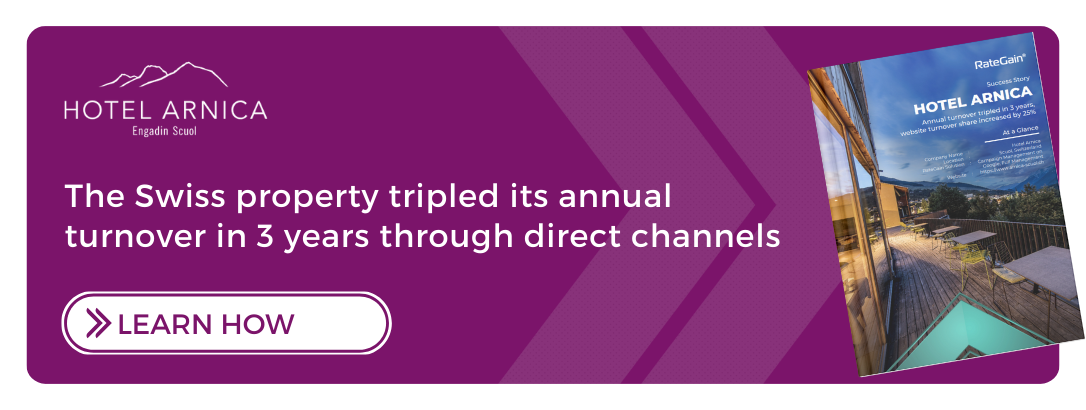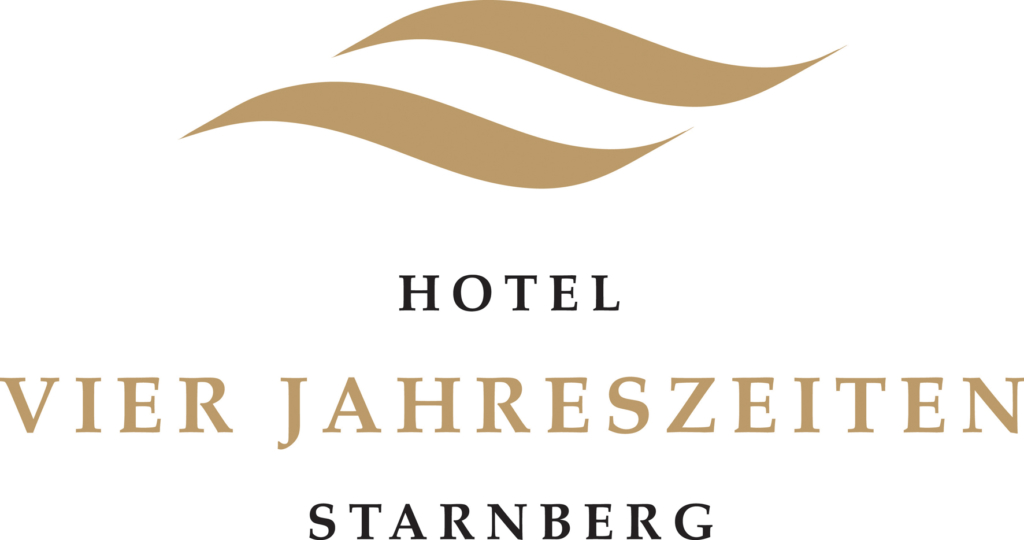The consideration stage of a marketing funnel is when a customer is actively looking for solutions to their problem and is considering a brand’s offer as a viable solution. The goal of hotel advertising strategies in this stage is to increase the likelihood that consumers will consider your hotel when deciding on the stay locations in a particular destination. During the consideration stage of your marketing funnel, your hotel’s goal should be to present the prospect with helpful information about how you can solve their issue. This is because, at this point, customers interested in your hotel and its amenities are debating whether or not to book it.
At this point, they are just interested in gathering as much information as possible to make the greatest, most intelligent, and most calculated decision on how to solve their problem. Additionally, no promotional content should be used, as this may drive people away.
So, how do you convert these prospects? Let us find out.
Key Components of Advertising Strategies
To effectively catch your target audience’s attention, it’s important to consider these key components of marketing strategies:
-
Target Audience
Understanding your target audience to create an effective marketing plan, you need to understand who you are selling to. If you want to sell effectively, you need to recognize your target audience.
Knowing what your visitors appreciate and what travel themes they like will help you customize the best hotel marketing campaigns that will attract your ideal customers. You can identify your target audience based on factors such as:
- Gender
- Age
- Income
- Education level
- Travel preferences
-
Use Relevant Keywords
Use appropriate keywords to appear in search engines. Keywords are the words people type into the search bar of search engines like Google. When your hotel website shows up on the first page of search engines, it attracts more customers.
To choose the right keywords, you need to make sure they are relevant to your hotel. Moreover, it should be specific enough to reach the target audience.
-
Get Your Hotel Noticed on Facebook
Even if you have a large number of followers on Facebook, reaching out to everyone with a single post is difficult. This is where the Facebook ads come in to help you reach the maximum number of followers.
Facebook ads will help to gain visibility. Set a budget that fits your desires, choose the ad formats according to your needs, images, or videos, and include a compelling call to action.
-
Instagram Story Ads
Instagram helps to attract ideal customers with the help of visually appealing and engaging content. Instagram provides a feature for both story ads and post ads. Story ads provide a more natural full-screen experience, similar to regular Instagram stories.
In posts, short videos and eye-catching photos can be used. While crafting the ad, make sure to highlight your strongest selling points and a clear call to action.
Role of Advertising in the Consideration Phase
The consideration stage is all about positioning your brand or services in the best way possible as the best option for your customers who are looking for solutions. At this stage, people are only interested in gathering information according to their desires.
Therefore, it’s important to share information that will make your brand or service more trustworthy and reputed.
-
Understanding Your Customers
You should be able to get an idea of your ideal customers. Understanding them can give you an idea of the potential questions they may ask when they learn about your company. During the consideration phase, the most common query that the customer comes up with is about pricing.
Having selected responses to these queries helps the customers decide easily. Developing a great understanding of the ideal customer is beneficial at this stage.
-
Don’t Just Sell; Create Content that Sells
Instead of directly promoting your hotel during this stage, focus on providing valuable information that helps people solve their problems. Be honest and transparent about the benefits your hotel offers.
Solving people’s problems helps you gain more trust and increases your credibility. This raises your chances of being considered by your target audience when they make a decision.
-
Decision Phase
After gaining the attention of the target audience in the consideration stage, there comes the decision phase, where they finally choose the perfect hotel for their needs. It’s important to create specific content for this stage, as it guides them towards your hotel.
Highlight your hotel’s strengths, unique features, and the overall experience it offers. Moreover, provides content that directly addresses their concerns and helps them make a confident choice.
-
Create Content that Gets Noticed
Read what people have to say about your brand and your competitors on Google Reviews. This will reveal valuable information about what customers like and dislike about your products or services.
Use these insights to create content that directly addresses customer needs and interests. Track the activities on your website, such as how many people are engaging with your posts and which posts are performing well.
Hotel Advertising Channels
Hotel marketing can be done through various channels; therefore, choosing the right channel can bring you success. Here are some of the online marketing channels:
-
-
Online Advertising
Hotels use paid advertising methods such as Google Ads to advertise their ads online. Google hotel ads can put your hotel in front of your ideal customers who search for hotels online. Hotels can bid on keywords related to their hotel’s property or services.
They can include the keywords they want searched for. Clicking on your ad will take them to your website with more information about your hotel.
-
Social Media Advertising
Having a strong social media presence is crucial to building credibility. Make your presence on popular social media platforms like Facebook, Instagram, Twitter, Linkedin, and more. These platforms allow you to share information and updates about your hotel with your audience.
Share photos and videos of your hotel on social media to attract customers. You can also run contests, offer special promotions, and post interesting travel tips to keep your followers engaged.
-
-
-
Search Engine Marketing (SEM)
SEM is a paid hotel advertising plan that can help increase bookings. It is the strategy to rank higher in the search engine result pages using appropriate keywords. When your website ranks higher on search engines, it increases its visibility and organic traffic. The SEM strategy includes:
- Keyword research
- Ad campaigns
- Link building
- Search engine optimization
- Backlinks
- Quality content
- Website structure
-
-
Influencer Marketing
If you look for unique methods to attract potential customers who are already interested in travel and activities comparable to what your hotel provides, Consider partnering with influencers.
Identify online personalities, like travel bloggers, Instagram stars, or YouTubers, whose audience aligns with your target audience. Work with these influencers to create content that showcases your hotel and the surrounding area in an exciting and relatable way.
Factors to Consider in Choosing Advertising Strategies
When choosing the right hotel advertising strategies, consider these factors:
-
-
Budget
Different advertising channels cost differently. Decide on your budget and the channel carefully. Don’t forget to consider the potential return on investment (ROI) for each option.
-
Target Audience
Understanding your target audience makes it easy to make personalized messages that resonate with them. Making content and visuals related to their specific needs and desires is the key to grabbing the attention of the target audience.
-
Your Goals
Before you decide on a marketing channel, decide what you want to achieve. Whether you want to increase brand awareness, drive direct bookings, or just simply want organic traffic on your website.
-
Measurability
Choose platforms that allow you to analyze the effectiveness of your marketing. Analyze statistics like website traffic, conversion rates, and engagement to determine the efficiency of your selected methods.
-
-
Marketing Objective
The biggest factor in media selection is the goal of marketing. This involves identifying the ideal customer and the internal impact of the message on them.
Conclusion
Hotel marketing strategies include understanding the target audience, utilizing data and analytics, and creating high-quality content on social media and online. Paid marketing methods such as Google Ads help to reach a wider number of target audiences, ultimately driving bookings.
Moreover, choosing the right advertising channels and strategies is crucial, and factors like budget, marketing objectives, and goals should be considered. By implementing these strategies, hotels can stand out from the competition and attract more guests.
Frequently Asked Questions
What are the advantages of using social media for hotel advertising?
Social media, unlike traditional marketing, provides targeted campaigns and helps to reach a wider number of audiences. It allows two-way communication, which helps the customers engage and hence build their trust. Additionally, it helps boost brand awareness and analyze real-time results.
How do hotels target specific audiences with their advertising strategies?
Hotels understand their ideal guests and consider some factors like age, travel preferences, desires, and more. Analyzing data also plays an important role in identifying the target audience based on social media interactions. These help create personalized ads on social media, which ultimately help drive more bookings.
What role does visual content play in hotel advertising during consideration?
High-quality visual content plays a greater role in grabbing people’s attention. Hotels can share videos and pictures of their properties, which can spark the desire in the target audience to be there. Additionally, sharing stories and travel tips with relevant pictures and videos can help to build authenticity.
How do hotels track the performance of their advertising campaigns?
Tools like Google Analytics help to review the number of people who clicked on Google ads. This shows which campaigns generate the most website traffic, allowing hotels to make more informed decisions regarding their advertising efforts. Moreover, social media platforms provide tools that track impressions, engagement, and click-through rates.
What are some emerging trends in hotel advertising strategies?
Customers seek a personalized experience, and hence the hotels can make themselves stand out by providing outstanding services. Other trends may include:
- Chatbots to gather and respond to customer messages
- Email marketing
- Voice search
- Social media strategies
- Influencer marketing
 Deutsch
Deutsch Português
Português Italiano
Italiano Espanol
Espanol čeština
čeština ไทย
ไทย Français
Français






